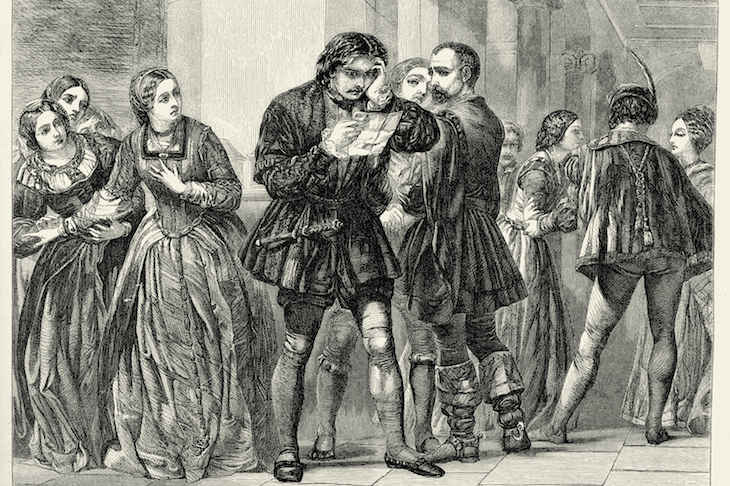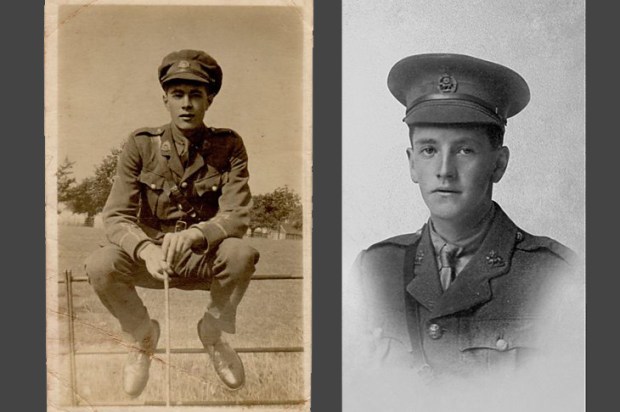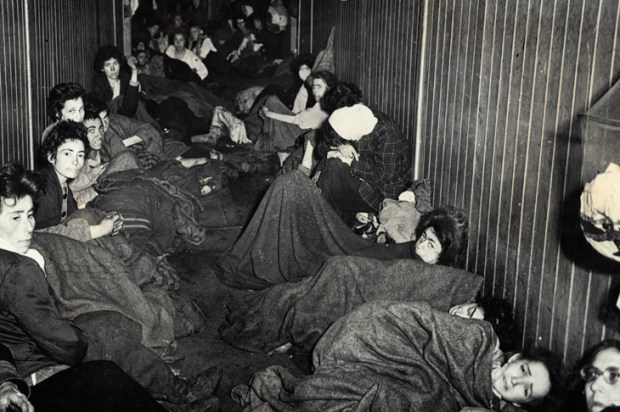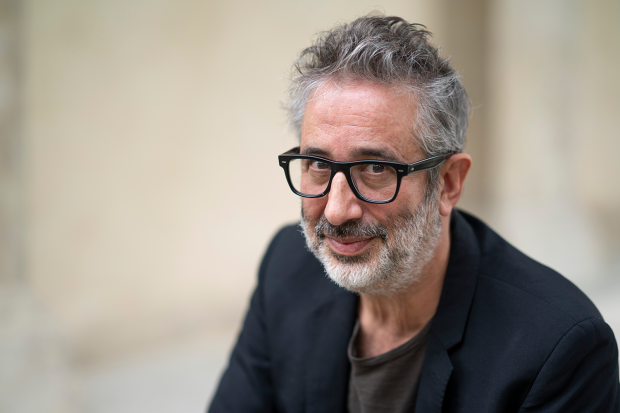How to stage Shakespeare on air and bring the text to life without the benefit of set, costumes, choreography and all the physical business of a theatrical performance? That’s the question faced by drama directors on radio, and Emma Harding in particular whose adaptation of The Merchant of Venice was broadcast last Sunday on Radio 3. Updated to 2008, just as the financial crash was beginning to impact on individual lives, the play opens with the pulsating beat of a track from the contemporary charts (music and the odd bit of additional dialogue being the only way to indicate setting). For yes, shock horror, in this version of the play Antonio and his merchant banker friends order lattes in a noisy coffee bar. The barista who serves them addresses them by name to help us know who’s who. ‘Shakespeare doesn’t name-check enough for radio,’ says Harding. And we begin not with Antonio saying ‘I know not why I am so sad’ but with his curses on Shylock, the ‘cut-throat dog’.
Scenes have had to be cut to accommodate the demands of the broadcast schedule (the play runs for two straight hours in the Drama on 3 slot). There are only five days to rehearse and record the play (plus an initial read-through with all the cast) and the additional music was done in-house to keep the budget down. Harding herself wrote the music for ‘Tell me where is fancy bred’ (sung by Kerry Gooderson, who plays Nerissa).
Would she not prefer to work in theatre? I would love to, says Harding, who misses the ‘physical manifestation’ of drama, and the time to explore the text (cast and stage staff have six weeks of rehearsal at the Royal Shakespeare Company). But on radio ‘the intensity of the studio delivers something interesting,’ says Harding, ‘and has an energy all its own.’ You have to find ‘short cuts’, she says, to delivering the lines in a way that listeners will follow and absorb the poetry. ‘It’s all in the voice.’ Hayley Atwell, for instance, brilliantly conveys all the complexity of Portia, liberated in the courtroom only later to hand over the keys of her house to Bassanio.
Harding spends a lot of time beforehand absorbing the text so that once she gets to the studio she has a clear set of ideas. Casting, too, is crucial. Her actors need to be able to ‘do the verse’, but also to have done enough homework to respond quickly to the pressure of performing with so little rehearsal time. In the studio they’ll have just five takes to get it right. And the drama is not recorded chronologically but chip-chopped according to the actors’ availability.
‘As long as the actor is completely clear about what they are saying, the listener should pick up the meaning,’ says Harding. But that, of course, is so much more difficult on air, without gesture, visual cues, or movement. Not that recording is a static process. ‘Visitors to the recording studio are often surprised to see that we record on the move,’ says Harding. Actors, too, often come expecting to stand behind the microphone and read the lines as they would for the voice-overs in video games and ADR (additional dialogue replacement) where the sense of movement is edited in afterwards via technical wizardry. On radio everything works much as it has always done and ‘you’re doing the sound for real’.
In that opening scene, Antonio and Bassanio and the other merchants were literally walking around in a circle through the acoustic studio at Maida Vale as they spoke their lines, as if they were actually walking from the coffee shop out on to the street and into the lift. ‘I hate walking on the spot,’ says Harding. ‘It always sounds like you’re walking on the spot.’
It takes a while for actors to develop‘a sense of the stereo picture’. They have to ‘have that conversation with each other but at the same time always speak to the microphone… It is a bit unnatural.’ But for most of them acting on radio is ‘a liberating experience’. Anyone can play anyone, as long as their voice is right for the part. Shylock in this version is played by a much younger actor than usual (Andrew Scott), much the same in age as Antonio. ‘I wanted the sense of two businessmen at the top of their game,’ says Harding. It does give the drama a different dynamic, more threatening perhaps, less intergenerational, more anti-Semitic.
At the end, Harding has brought Shylock back (he famously has only five scenes and doesn’t usually return after his departure from the courtroom at the end of the fourth act) to recite on his own the Christian creed. It’s an extraordinary, painful ending, Scott rendering all his reluctance and discomfort in his voice alone. Harding explains that she needed to find some way to make up for the fact that she couldn’t ‘physicalise’ the way Shylock bows out from the courtroom, jeered and spat at by the crowd. ‘I didn’t want the audience to forget that cruelty.’
Got something to add? Join the discussion and comment below.
Get 10 issues for just $10
Subscribe to The Spectator Australia today for the next 10 magazine issues, plus full online access, for just $10.
You might disagree with half of it, but you’ll enjoy reading all of it. Try your first month for free, then just $2 a week for the remainder of your first year.














Comments
Don't miss out
Join the conversation with other Spectator Australia readers. Subscribe to leave a comment.
SUBSCRIBEAlready a subscriber? Log in